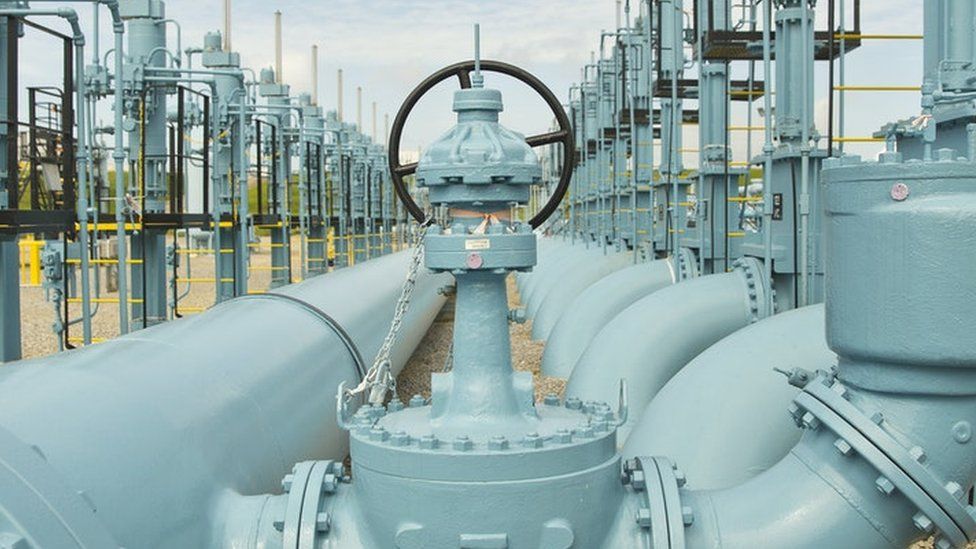
US government published emergency legislation on Sunday, hours after the largest fuel pipeline in Washington, United States, was attack by a ransomware cyber-attack.
The site of the attack is called the Colonial pipeline, and this pipeline often carries 2.5 million barrels a day. This amounts to almost 45 percent of the East Coast’s supply of jet fuel, gasoline, and diesel.

The attack is almost a success at the pipeline is knocked offline by a well-seasoned team of cyber-criminal during Friday hours, and work is still in the process on the pipeline to restore the service.
The emergency waiver grant transported access to be able to transport them by road.
A sum of 18 States in the US has been issued temporary hours of service waivers for the transport of jet fuel, diesel, gasoline, and several other refined petroleum products.
The list of the US cities that are issued this grant is listed below. They are Texas, Alabama, Virginia, District of Columbia, Pennsylvania, Delaware, South Carolina, Florida, Tennessee, Georgia, New York, Kentucky, North Carolina, Louisiana, Mississippi, Maryland, New Jersey.
Experts involved in analyzing the price of fuel and other petrochemical products predicted that the costs of fuel are most likely to record a surge of 2-3 percent on Monday. Still, the effect on the economy is going to be worse if the spike lingers around for a long time.
One of the most prominent independent oil market analysts in the US, Gaurav Sharma, explained to the popular broadcast network BBC, that he is very certain that the huge quantity of fuel is now stranded at different refineries in Texas and other cities in the US.
“Unless they sort it out by Tuesday, they’re in big trouble,” said Sharma. “The first areas to be impacted would be Atlanta and Tennessee; then the domino effect goes up to New York.”
He further explained that traders that invested in oil futures were now “scrambling” to fulfill the required demand during the period when US inventories s are dwindling and demand, particularly for vehicular fuels, is at the peak as users make turns for the roads. The US economy attempts to brush off the impacts of the covid-19 pandemic.






More Stories
Miami Breakdown: Remaining Building Destroyed Over Safety Concerns
Canadian Military on Standby as Lightning Triggers More Wildfires
Florida Building Collapse: Nine Declared Dead as the Hunt for Survivors Persists